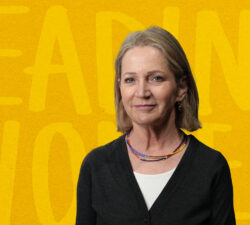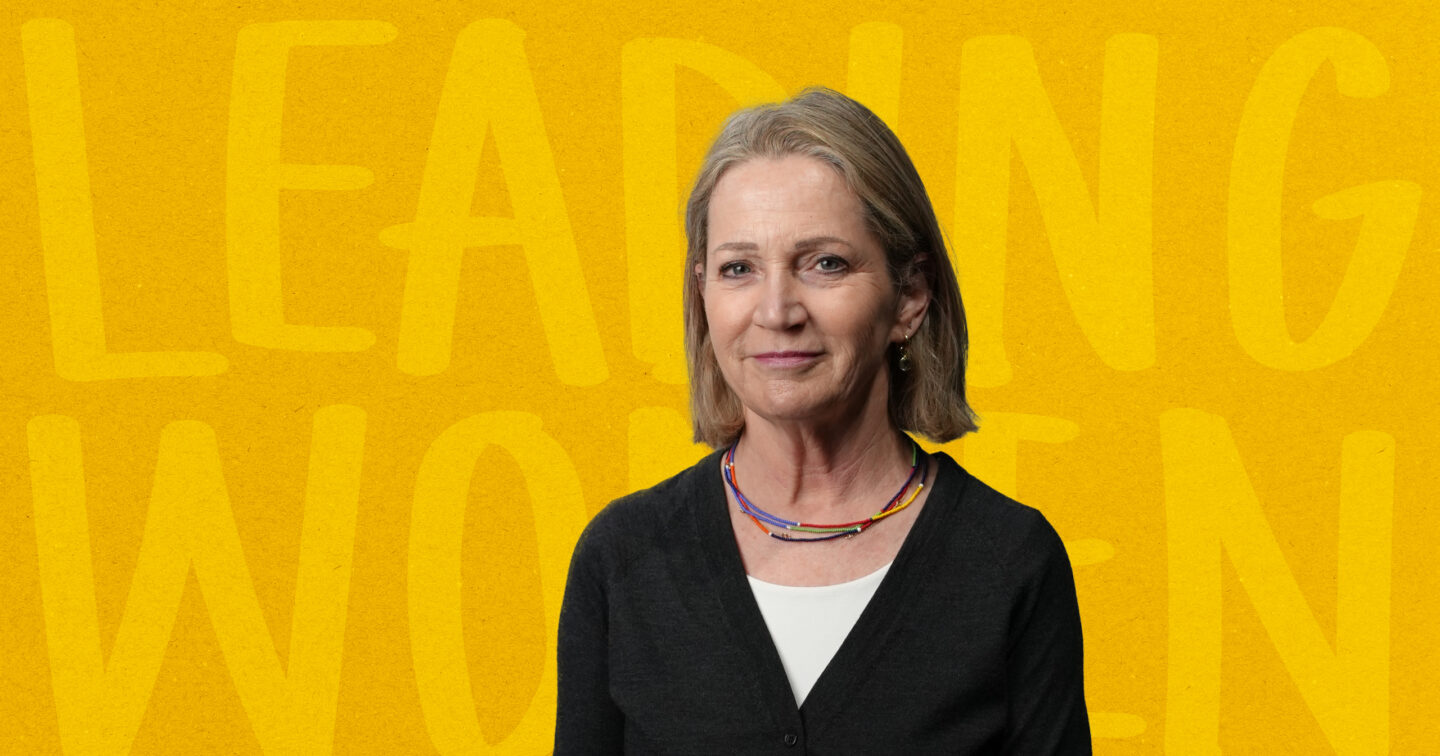Miriam Twaalfhoven, an advocate of non-profit organizations in education, explains why she turned to secondary education after a career in business and prefers to support one child at a time.
My career path never appeared to be defined. As for many people, it has felt accidental.
I had a classic marketing career with a Fortune 500 company before ending up with the US clothing company Levi Strauss in the former Soviet Union. I left the firm in 1992 to start a market research and consulting services firm with a group of Russian academics. Most of my time was spent consulting, headhunting, and working for the family office. But after I had sold the market research business, the question became: “What do I do now?”
If my career had a theme, it had been that of fixing problems; my problem was that I was still looking for a purpose in my life. So I started to think more and more about what I could do. I had become increasingly fascinated by education – I love working…


